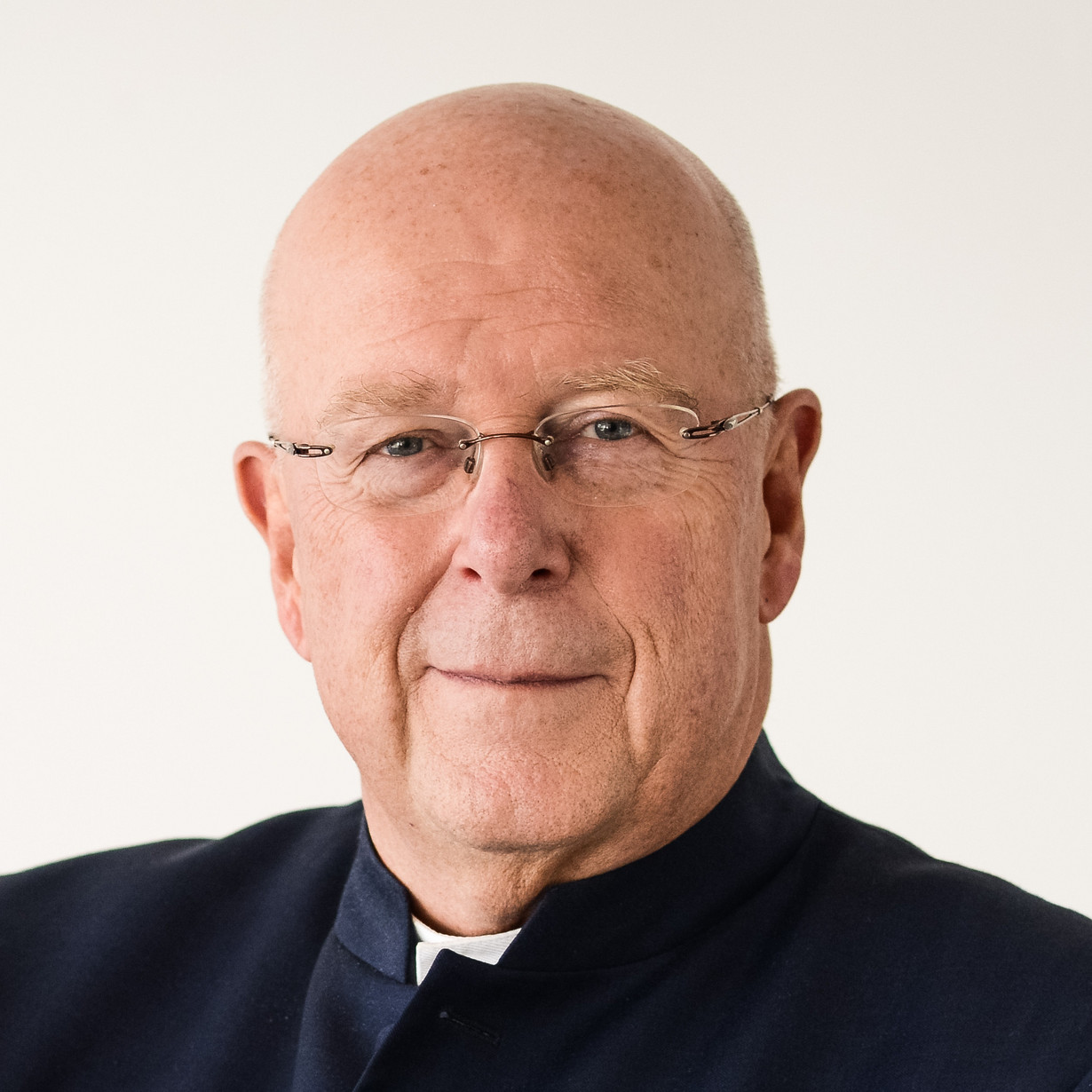| Time | Wednesday 11:00 - 12:00 |
| Location | Audimax 1 |
| Chair | Ingrid Gogolin |

Prof. Dr. Dr. h.c. Dieter Lenzen, born in 1947 in Münster, Germany, studied from 1966 to 1970 at the University of Münster (educational science, philosophy, as well as German, English and Dutch philology). Starting in 1975, he was professor of education, first at the University of Münster and, from 1977 onwards, he held a chair for philosophy of education at Freie Universität Berlin. Between 1986 and 1994, Lenzen took up guest professorships at Stanford, Columbia, Tokyo, Hiroshima, and Nagoya Universities. From 2003 to 2010, he served as president of Freie Universität Berlin. Since 2005, he has been chairman of the ‘Aktionsrat Bildung’ and from 2007 to 2016 he was the vice-president of the German Rectors' Conference. He is editor of the ‘Enzyklopädie Erziehungswissenschaft’ and founder of the ‘Zeitschrift für Erziehungswissenschaft’. He has published numerous texts on topics of philosophy, education, (medical) anthropology, history, and political sciences. Prof. Dr. Dr. h.c. Lenzen has been president of Universität Hamburg since 2010.
„University of The World“ – a Cornerstone in an Era of Risk
What will the university and institutions of higher education throughout the world look like in 10 or 20 years? Will they be vocational institutions based upon the most common, that is, utilitarian Anglo-American, model? If so, will they be open to entire single generations? Or will they promote top research designed to supply the industrial sector with new product ideas, innovations, and top personnel, making them institutions for a small elite? Is there a chance that the world's universities may (once again) become authentic educational institutions with the express purpose of forming individual personality, of cultivating citizens of the world prepared to assume social responsibility? Will these be limited to an educational elite, or can they serve entire generations of young people on all continents? Will, can, or should there be but one kind of university or extensive diversity in the tertiary sector, or post-secondary system? And above all, what is desirable? Which view of higher education will best serve the future of humankind in a unified world? What can we expect if (as yet) very different systems begin to resemble one another? Which model will prove dominant? Who will profit and who will not? What would need to be done to prevent a (perhaps not entirely) arbitrary dynamic from leading the utilitarians to victory in a global university system?
The German university system and continental European post-secondary education are facing fundamental transformation, a process which has to some extent already begun. It was initiated by phenomena such as the Bologna Process, a reform of European universities which seemed at first to result from an exclusively European bid for unity in higher education but which must be seen as part of globalization in the entire post-secondary system in various regions of the world. By adapting certain aspects of the Anglo-American higher education system, the Bologna Process as a fundamental reform of the European university system extends well beyond Europe. It induces continental Europe to espouse views of the tertiary sector which have already gained a foothold in North America, parts of Asia, and even in some of the emerging countries of other continents.
This process of globalization is happening at a rapid pace, without the benefit of international oversight by democratically legitimated organizations. In fact, postsecondary education is essentially governed by a view of education as a commodity. Presumably, this process will accelerate so much in the next one to two decades that educational systems based on other traditions will virtually disappear.
EERA Going Green
As part of the commitment of EERA to ensuring that our annual European Conference on Educational Research (ECER) is as sustainable as possible, we were delighted to work with the local organisers of our Hamburg 2019 conference to develop our 'Green Agenda'. Watch this videoto learn more!